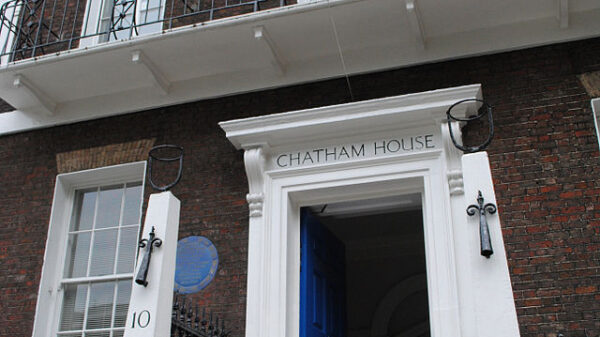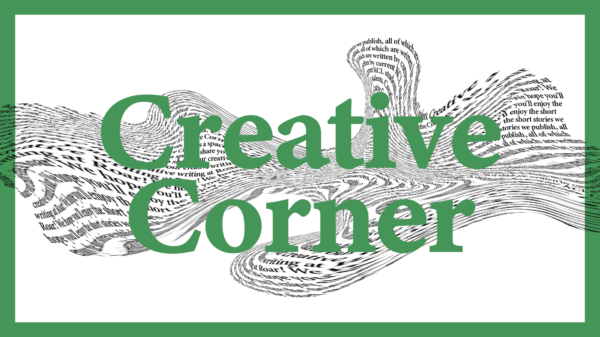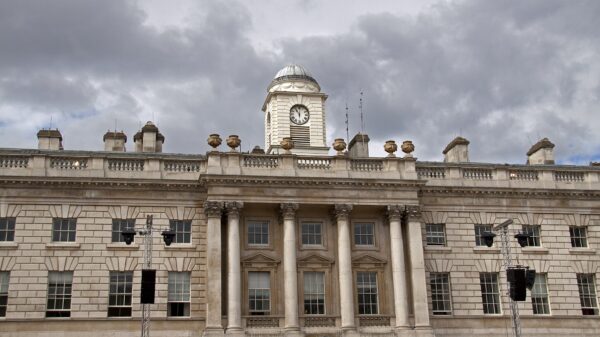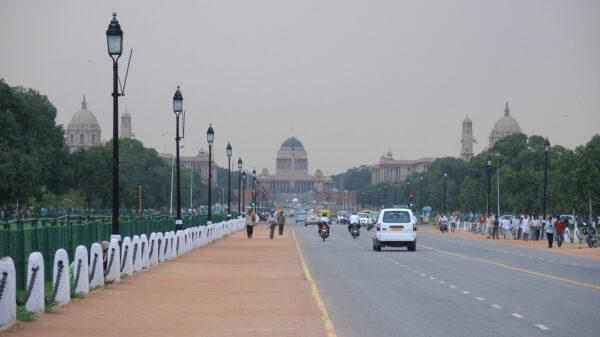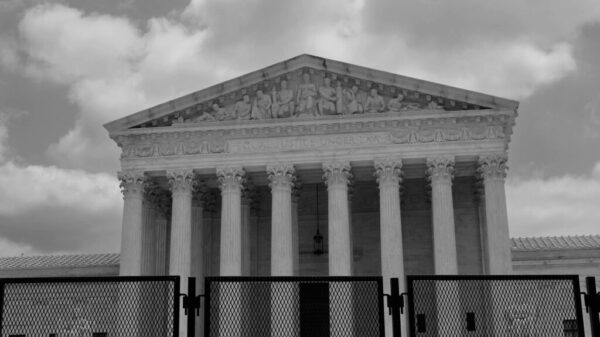Staff writer Douglas Gibb scrutinizes the First-Past-The-Post system and its impact on true representative democracy in the wake of the recent UK elections.
On 4 July, 34% of voters backed Labour, but because of first-past-the-post (FPTP), Labour now holds 411 seats (63%) leading to a majority of 172. Labour doubled its seat count in just 4.5 years and it did so with a swing of less than 2%. This is the smallest vote share that has led to a majority government, and elections that were comparable in popular vote terms produced much smaller majorities.
In 2005, Labour won 35% of the vote and 355 seats, meaning they had a majority of 64. This means that Labour won a 1997-like majority with a 2005-like share of the popular vote, on the lowest turnout of any election held under universal suffrage. These factors – low turnout, low vote share for the winning party, low swing to the winners and a very large majority – makes it the most remarkable election in British history.
Since 1688, there has been agreement that it is Parliament that is sovereign, not the monarch. It was Parliament that invited William of Orange to become King, and the Bill of Rights means that Parliament is supreme over the Crown, to the extent that the monarch seeks the consent of Parliament to rule. If the monarch’s legitimacy comes from Parliament, where does Parliament derive its own legitimacy?
Fortunately, Locke provided us with an answer. In his Second Treatise On Government, the inspiration for the Bill of Rights, the word “consent” is used 111 times. Unless one seeks to justify the state by divine right or by mindless submission to whatever system of government they find themselves under, it is only by consent that the state can be justified. “Mindless submission” may be read as “deference”, if one prefers the language of Bagehot.
The natural liberty of man is to be free from any superior power on earth, and not to be under the will or legislative authority of man, but to have only the law of nature for his rule. The liberty of man, in society, is to be under no other legislative power, but that established, by consent, in the commonwealth; nor under the dominion of any will, or restraint of any law, but what that legislative shall enact, according to the trust put in it.
Locke, Second Treatise on Government. Emphasis added.
The preceding quote and two paragraphs might seem entirely unrelated to the issue of our electoral system, but it is very pertinent. If we agree that governments derive their legitimacy from the consent of the governed, then we must ask ourselves: do people truly consent to a government that has the support of only a third of its voters? This is before accounting for registered voters who did not vote or those who were not registered.
How can anyone claim to be committed to representative democracy and yet be content with Parliament being so wildly unrepresentative? To put it plainly, Parliament is not representative of the population if the governing party has twice the proportion of seats as it does votes. At best, this can be called unrepresentative democracy, if it can be called democracy at all.
Won’t we lose local accountability?
Anyone who tells you that FPTP ensures accountability is either ignorant or a liar. The myth goes that we should ignore national vote share and only look at constituency vote share. Let’s examine that notion.
In England, only 76 MPs, excluding the speaker who runs practically uncontested, secured more than 50% of the vote in their constituencies. In Scotland, 6 MPs have majority support. In Wales, 2 MPs have majority support. Discounting the Speaker and the 18 Northern Irish MPs, this means that only 13% of MPs, about 1 in 8, enjoy the support of the majority of their voting constituents. In other words, 87% of MPs sit in the House of Commons despite the fact that more voters opposed them than supported them. What kind of accountability is that where a majority opposes the candidate that wins?
Won’t extremism rise?
Often, this question is asked by some self-serving politician who cannot begin to comprehend doing something that would see ‘their own team’ lose out in some way, even if it’s the right thing to do. When people complain about electoral reform leading to the empowerment of extremists, I wonder who they consider to be extreme.
Was Enoch Powell an extremist? Was Terry Dicks an extremist? Is Suella Braverman an extremist? Is Jeremy Corbyn an extremist? Is Keir Starmer an extremist? Believe it or not, there is at least one person alive on Earth who believes that the Right Honourable Sir Keir Starmer KC KCB MP PC is a far-left Gramscian Pabloite Eurocommunist. Democracy is not about choosing whatever system screws over your opponents, it’s about giving ordinary people political autonomy.
That said, I concede there are exceptional circumstances in which using the law to prevent parties from rising to power might be necessary. However, why not have a proportional system and ban whichever parties are too extreme? The British National Party was founded by John Tyndall, a neo-Nazi, and traces its roots back to Mosley’s British Union of Fascists. I fail to see the problem with the Electoral Commission deregistering them, given that they are literally Nazis. If you want to keep certain parties out of power, such as the BNP or CPGB-ML (a Stalinist party), own it and ban it.
Won’t we always end up with coalitions?
Coalitions are, apparently, a bad thing. One objection to them is that they take too long to form. However, after the 2010 election, coalition negotiations were successfully completed after just five days. Having a week of coalition negotiations every four or five years is surely a price worth paying if the trade-off is a parliament that is representative of British public opinion.
Another objection overlaps with the issue of extremism. Under proportional representation, parties that are, according to some, extreme, will receive more seats and could act as kingmakers. There is that risk, but one could just as well argue that proportionality would lead to less extremism. Yes, a centre-right party might try to form a coalition with a right or hard-/far-right party, but they might also try to form a coalition with a centre or centre-left party. For example, Angela Merkel served as Chancellor of Germany for 16 years and for 12 of them her own centre-right CDU/CSU governed in coalition with the centre-left SPD.
Separation of Powers
It is worth noting that the question of coalitions would become redundant if we moved away from having an executive and a cabinet that sits in the legislature. This has other benefits, such as ministers not having to balance their departmental responsibilities with their constituency responsibilities.
Furthermore, the parliamentary timetable is, except in exceptional circumstances, controlled by the executive, specifically the Leader of the House of Commons. When considered alongside the whipping system, this means that legislation is often passed on the basis of the will of the cabinet, which is composed of 25 ministers. If Britain turned towards something more presidential by having separate legislative and executive branches, power would be more evenly distributed among politicians.
Returning to our electoral system, there is a profound democratic deficit in this country, and freeing ourselves of FPTP would go some way to remedying it. If you still support FPTP, you support a system in which the governing party can receive twice the proportion of MPs as it did votes. You support a system in which nearly 90% of MPs are opposed by a majority of their voting constituents. If you are content with such a system, your beliefs are contrary to the principles of representative democracy. No one is forcing you to support democracy, but if you do oppose it, be open about your hatred for it.


